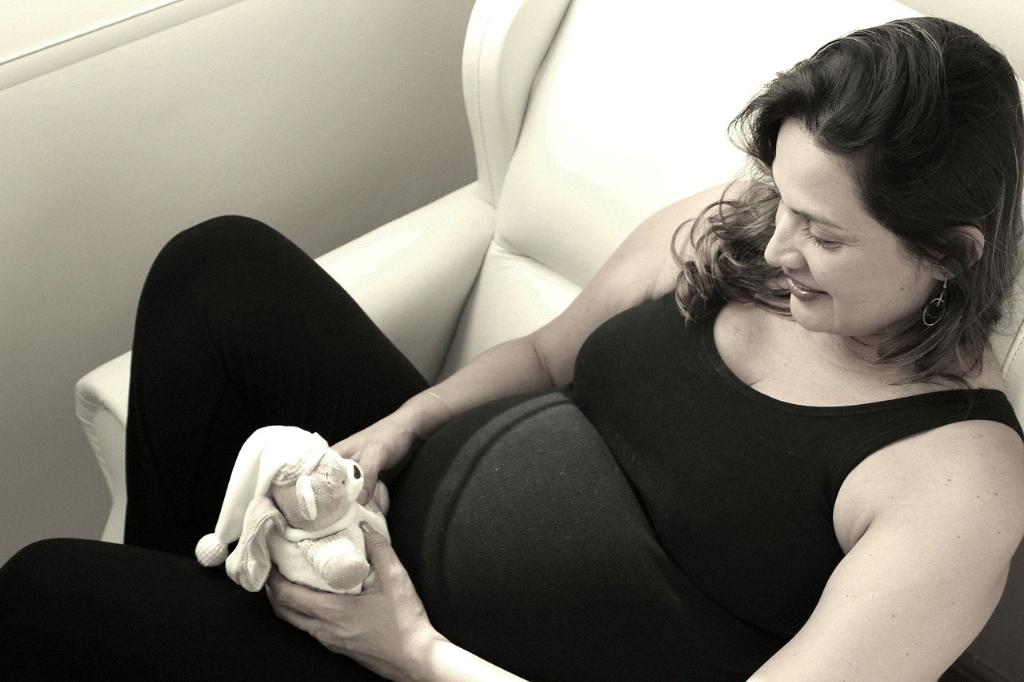Understanding the changes in the body during pregnancy can be a crucial aspect of ensuring a smooth journey for both the mother and the growing baby. One common question that arises among expectant mothers is:What Does Your Stomach Feel Like When You’re Pregnant In The Beginning? Let’s delve into the various sensations you may experience in the early stages of pregnancy.
1. Mild Stomach Pain
During the initial 12 weeks of pregnancy, it’s not uncommon to experience mild stomach pain. This discomfort is often attributed to the expansion of the womb and the stretching of ligaments to accommodate the growing baby. These physical changes can lead to sensations of stretching or pulling in the abdominal area.
2. Womb Expansion
As the fertilized egg implants itself in the uterine lining and begins to develop into an embryo, the womb starts to expand in preparation for the baby’s growth. This expansion can cause a mild, cramp-like sensation in the lower abdomen, akin to menstrual cramps but milder in intensity.
3. Ligament Stretches
During pregnancy, the ligaments that support the uterus undergo stretching to accommodate the increasing size of the womb. This stretching can result in discomfort or a dull ache in the lower abdominal region. These sensations are typically normal and are a sign of the body adjusting to the pregnancy.
4. Hormonal Changes
The hormonal fluctuations that occur in early pregnancy can also contribute to stomach discomfort. Hormones like progesterone play a crucial role in maintaining a healthy pregnancy but can also relax the muscles in the digestive tract, leading to bloating, gas, and occasional abdominal pain.
5. Constipation
Constipation is a common issue that many pregnant women face, particularly in the early stages of pregnancy. The hormonal changes mentioned earlier can slow down the movement of food through the digestive system, leading to difficulty in passing stools. This can result in abdominal pain, bloating, and discomfort.
6. Trapped Wind
Another uncomfortable yet common issue in early pregnancy is the presence of trapped wind. As the digestive process slows down due to hormonal changes, gas can get trapped in the intestines, leading to abdominal bloating, cramping, and discomfort. Moving around and gentle exercise may help alleviate this symptom.
7. Nausea and Food Aversions
Aside from physical sensations in the stomach, many women experience morning sickness in the early stages of pregnancy. Nausea, aversion to certain foods, and heightened sensitivity to smells are common symptoms that can impact the way your stomach feels during this time.
8. Breast Tenderness
While not directly related to the stomach, breast tenderness is another symptom many pregnant women experience early on. The hormonal changes in pregnancy can lead to swollen, sensitive breasts that may add to the overall discomfort you feel in your body.
9. Emotional Changes
Alongside the physical symptoms, early pregnancy can also bring about emotional changes that may affect how your stomach feels. Mood swings, anxiety, and heightened emotions are common experiences during this time and can manifest as butterflies, knots, or feelings of unease in the stomach area.
10. Increased Urination
As the uterus grows and exerts pressure on the bladder, you may find yourself needing to urinate more frequently, even in the early stages of pregnancy. This increase in urination can lead to a sensation of fullness or pressure in the lower abdomen.
11. The “Fluttering” Sensation
Somewhere between weeks 13 and 16, some women report feeling a gentle fluttering sensation in their lower abdomen. This sensation, often described as “quickening,” is the baby’s movements becoming noticeable for the first time and can add a new dimension to how your stomach feels during pregnancy.
12. Seeking Professional Guidance
While many of the stomach sensations experienced in early pregnancy are considered normal, it’s essential to listen to your body and seek medical advice if you’re concerned about any symptoms you’re experiencing. Your healthcare provider can offer guidance, reassurance, and support throughout this transformative journey.

